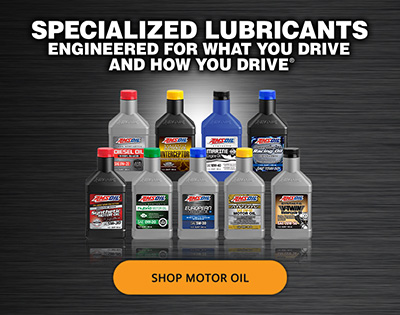The fuel, whether it be propane (LPG) or compressed natural gas (CNG), acts as a fuel catalyst, extracting the most potential out of injected diesel fuel. During normal operation, a typical diesel engine burns approximately 75 - 80 percent of the fuel injected. By supplementally injecting propane or CNG, nearly 100% of the diesel fuel is burned during combustion. By improving the efficiency of the combustion process, mild performance and significant fuel economy gains are often reported. LPG/CNG does not replace diesel fuel - the systems inject a constantly metered quantity of LPG/CNG into the intake air stream, but a diesel engine cannot be converted to run on CNG/LPG alone.
CNG vs LPG Injection in Diesel Engines
CNG and LPG have similar properties, but with some characteristically distinct differences. LPG is the acronym for liquid petroleum gas; this fuel is stored primarily in liquid form at a relatively low pressure (<200 psi). CNG is the acronym for compressed natural gas; it is stored in gaseous form at a relatively high pressure (3,000 - 4,000 psi). LPG, which is commonly referred to as propane, has a higher energy content than CNG. On the contrary, CNG has a significantly higher octane rating and higher autoignition temperature than propane. Finally, CNG is typically less expensive than propane.
The higher octane rating of CNG greatly reduces the chance of detonation occurring when used as a supplement to diesel fuel. This allows CNG to be injected at higher rates than propane and with less risk. The higher autoignition temperature is equally beneficial, as this also makes CNG more resilient to detonation in the combustion chamber (ping, knock). Though CNG is arguably favorable to LPG, the injection systems are more costly and complex than a typical propane injection system.
The use of both CNG and LPG in diesel engines is somewhat controversial due to the dangers of detonation, which can potentially become the source of catastrophic failure. The risk of detonation increases with engine load, and therefore it is advised that propane/CNG injection be avoided while towing. Diesel engines are not designed to compress fuel - air alone is compressed in the cylinder, then diesel fuel is injected and auto ignites. Injecting any fuel into the intake air charge therefore runs the risk of detonation. As a result, CNG/LPG injection is not typically compatible in modified engines. However, if you plan to use LPG/CNG injection alone to increase performance and fuel economy, there are many kits available specifically engineered for a variety of applications. If CNG/LPG injection interests you, we suggest avoiding universal systems and finding a kit specific to your vehicle.
Propane/CNG Injection Pros & Cons
| Pros | Cons |
| Horsepower and torque increases over entire RPM range | Requires the installation of bulky equipment which is likely to take up valuable bed space |
| Potential for tremendous increases in fuel economy | Possibility of detonation, severe engine damage |
| Requires filling of separate tank | |
| Not compatible with (most) additional performance modifications |
